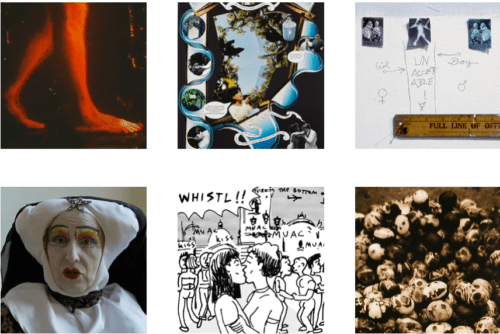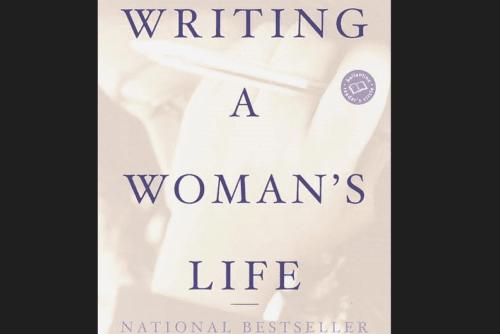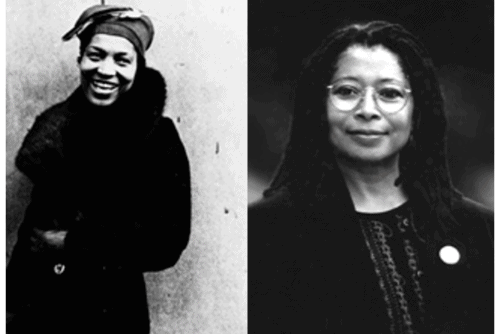In Conclusion
In this paper I have tried to show the ideological underpinnings and political implications of the contemporary obsession with Islam and sexuality in the West. This means we must always entertain a healthy dose of skepticism towards projects that present the ‘Muslim world’ as some sort of organic entity. In a quintessentially Foucauldian sense, their ideological purpose is to create this very ‘Muslim world’ of which they propose to speak. In doing so, they perpetuate the idea that Muslim societies and communities are self-contained and never-changing entities bound together by a monolithic and totalitarian ‘Islam,’ which share nothing historically, culturally, socially, or politically with other societies and communities.
This myth of Muslim exceptionalism does not stand up to any historical or comparative study that looks at ‘Muslim countries’ alongside others. In fact, even the study of a single ‘Muslim’ country—even one which calls itself the Islamic Republic of Pakistan—explodes the myth of a monolithic and totalitarian ‘Islam’ that defines every aspect of its followers’ lives.
What the examples from Pakistan also illustrate is that understanding the role of Islam even in a single country requires, among other things, parsing the complex and contradictory role it plays at various levels, from national ideology, to social norms and state structure. And at each of these levels there are a further set of questions that need to be asked: how is ‘Islam’ being deployed, by whom, and for what purpose? Is it being used as an ideological tool, does it serve as a spiritual haven, or is it invoked as an identitarian response to the ravages of a globalized world?
It is impossible to come away with anything but a superficial—and often simply incorrect—understanding of the role Islam plays with regard to women and gays without historical and sociological context. Such a framework immediately disrupts (or should) the idea that something stable and immutable called ‘Islam’ exists anywhere. For example, the fact that Muslims in Pakistan, as elsewhere, invoke Islam in everyday discourse doesn’t tell us anything about what they mean when they invoke it—surely the ‘Islam’ invoked by the women imprisoned under the zina law and interviewed by Khan is not the same Islam that features in the discourse of the Jama’at-i Islami. Thus, ‘Islam,’ when deployed by state and private actors, be they organizations or individuals, needs to be one of the things the researcher must unpack; it certainly cannot be unproblematically deployed as the explanatory variable. Among other things, the ‘Islam connection,’ when it is there, is varied, complex, and sometimes contradictory, and certainly not what we are led to expect from mainstream discourse on Islam.
All this means that there is no shortcut and no way around historically and socially contextual analysis that is simultaneously also implicitly or explicitly comparative—and that too not simply across ‘Muslim societies.’ There is need for analysis that begins with the empirical reality and then moves out towards generalization, but a generalization that is not predetermined by a priori categories such as ‘Muslim nations’ and ‘Muslims societies.’ It also means acknowledging that, far from ‘unveiling’ the insidious workings of an actually-existing ‘thing’ called ‘Islam,’ the current Western discourse actually actively constructs it, and does so in order to legitimize certain political projects. In other words, this discourse is deeply ideological.




